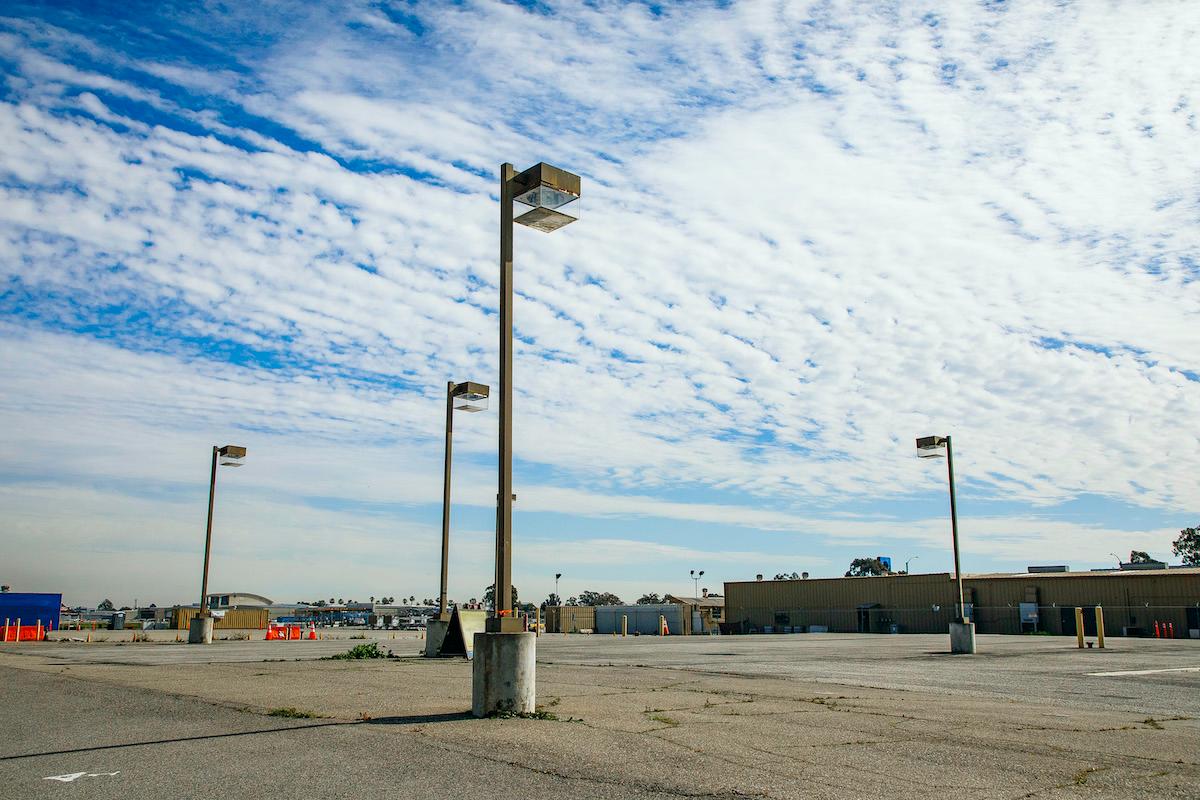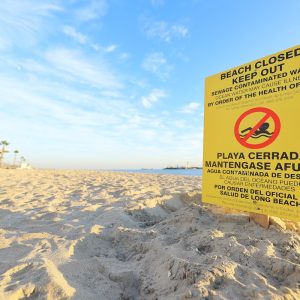 View Winners →
View Winners → Long Beach property owner challenges constitutionality of vacant lot fee

A Long Beach property owner who along with the Howard Jarvis Taxpayers Association is challenging the constitutionality of a municipal ordinance that charges landowners a monthly fee for letting their property sit vacant says his lot hasn’t hurt the property values of others and that the city has made it too costly to develop.
The tax-fighting organization and Frederic Sparrevohn brought the suit last April 8 in Los Angeles Superior Court, seeking a declaration that the ordinance is void “unless and until it is properly noticed, properly substantiated, and properly approved.”
Sparrevohn also is seeking a $780 refund of the fee he paid for 2022 under protest. The city has filed a motion to dismiss the suit and the plaintiffs have filed a separate motion seeking a judgment in their favor without the case going to trial.
“In over 20 years of owning (the lot in the 300 block of Ultimo Avenue), no one has suggested to me, formally or informally, that my lots decrease neighboring property values,” the 79-year-old Sparrevohn says in court papers filed by his attorneys Friday with Judge Stephen I. Goorvitch.
The city approved the fee in 2017 in the hope it would discourage illegal dumping and blight and encourage property owners to turn their vacant plots into gardens and farms.
Sparrevohn’s appeal to the city for relief was denied last March, according to the suit. He says the city has made it too costly for him to develop the property.
“I bought the lot with hopes to build a home for family so that we can afford to stay together,” Sparrevohn says. “We have simply been unable to build yet due to the variety of costs, including the high costs of permits.”
Sparrevohn has paid the annual property taxes, kept the lot litter-free and had it mowed about every other week at annual cost of $420, according to the suit.
The fee, which pays for city monitoring of the vacant lots, requires proper notice to the public and approval by a majority of the affected property owners or by two-thirds of the electorate, according to the suit.
“Having no such approval, the fee is unconstitutional,” according to the suit.
The charge duplicates the municipal code for weed and debris abatement and targets undeveloped property owners with a punitive fee that owners of other parcels do not pay, the suit alleges.
The city has not shown that it requires more work for its code enforcement officers to observe what it categorizes as vacant lots as compared to all other lots under its primary enforcement ordinances, for which it charges nothing, the suit states.
“Without proof presented to the public that monitoring the selected parcels costs an extra $780 per year per parcel, the fee is void,” according to the suit.
However, Lisa A. Fall, the city’s bureau manager for the Administration and Financial Services Bureau of the Long Beach Development Services Dept., says in her own sworn statement that neglected vacant lots have often become sites for illegal dumping, motor home parking, homeless camping, drug activity, equipment storage and generally unsafe conditions.
“And in fact, plaintiff Sparrevohn’s vacant lot … has contributed to these problems,” Fall says.
The vacant lots can cause numerous problems for the neighborhoods surrounding them, disrupt a neighborhood’s sense of community, and, contrary to Sparrevohn’s assertion, lower neighborhood property values, according to Fall.
The vacant lot monitoring program’s success is proven by the reduction of cases opened during the past three years due to increased property maintenance, according to Fall.
A hearing on the two motions is scheduled April 17.









































































































